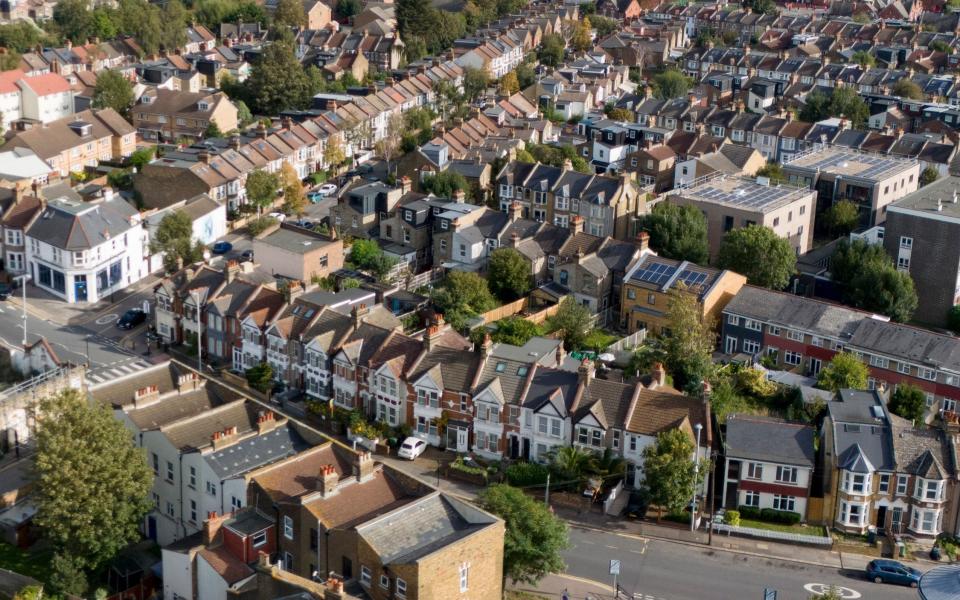Mortgage costs rise as interest rates expected to stay higher for longer

Banks are pushing up mortgage costs amid warnings that economic uncertainty could delay future rate cuts.
NatWest, Coventry Building Society and TSB raised rates on fixed mortgages on Friday, after Santander and Nationwide increased the cost of deals on Tuesday.
Meanwhile data from financial analyst Moneyfacts show average rates on two-year mortgages have risen from 5.59pc on Tuesday to 5.69pc today.
The increases will hit the 1.5 million homeowners who need to remortgage this year, likely on to much higher rates.
Nicholas Mendes, of mortgage broker John Charcol, said: “Markets were a little over-exuberant at the start of the year, and normality has set in. High street lenders had been sacrificing margin for volume in recent weeks, but this isn’t a viable long-term strategy.”
NatWest has increased the rates on some of its residential loans by up to 0.21pc while TSB’s have gone up by as much as 0.15pc.
Santander raised its fixed-rate mortgages by up to 0.16pc on both residential and buy-to-let loans this week as Nationwide announced plans to hike prices by up to 0.25pc.
Lenders had initially expected the bank rate to fall within the first half of year, however, this has now been pushed back as consumer price inflation remains stuck at 4pc.
As a result, swap rates – the main pricing mechanism for fixed rate mortgages and an indicator of where the market thinks interest rates will be at a future point – have risen sharply over the past month.
It comes as official figures released on Thursday showed the UK entered recession last year, defined as two consecutive quarters of declining growth.
Economists warned homeowners to prepare for “more rate movement” in the coming weeks.
“Swaps have gone up quite a bit, so we are thinking we’ll see quite a lot of rate movement over the coming weeks,” said Chris Sykes at broker Private Finance.
“Hopefully only 0.2-0.3pc, so still lower rates than November time.”
Households are already facing increased financial pressure with living standards at their most stagnant since records began.
Economists have warned that pay is rising too fast for the Bank of England to cut interest rates after wages rose by 6.2pc in the year to December.
Market indicators suggest the central bank will deliver three cuts to its Bank Rate – currently held at 5.25pc – towards the end of the year. The cuts, estimated at 0.25pc, will be followed by two or three further reductions in 2025, it is predicted.
“I think the Monetary Policy Committee will be watching the pay data very closely, particularly to see if the large rise in the national living wage has a material impact,” said Andrew Goodwin, chief UK economist at Oxford Economics.
“But they’ve made clear that pay growth just needs to be headed in the right direction for rate cuts – it doesn’t need to fall sharply. I’m confident that will be the case by June.”
The Bank of England will vote on its next rate decision on March 21.
Recommended
How to reduce your mortgage payments (according to the experts)

 Yahoo Finance
Yahoo Finance 